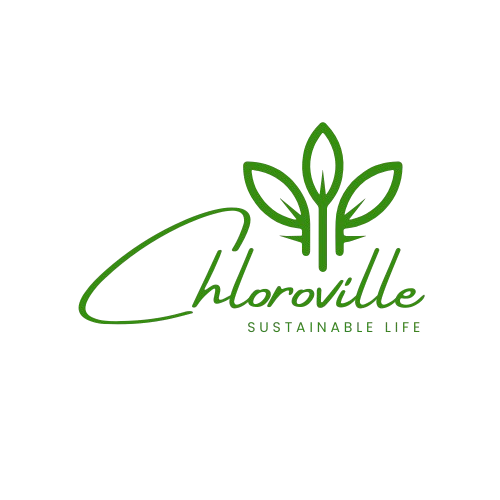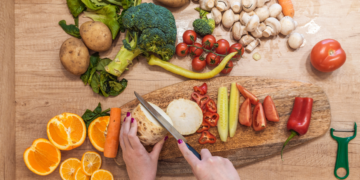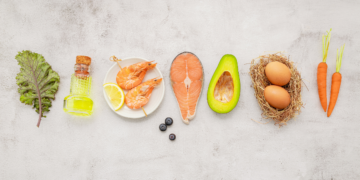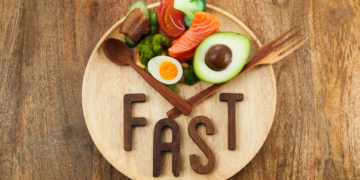A healthy gut is the foundation of overall well-being. From improving digestion to boosting immunity and mental health, your gut plays a vital role in your body’s systems. Eating the right foods can enhance your gut health, promote nutrient absorption, and prevent digestive issues like bloating and constipation.
This guide highlights the best foods for optimal gut health and offers tips for incorporating them into your daily meals.
Why Gut Health Matters
Your gut houses trillions of bacteria that make up your microbiome, a complex ecosystem that influences digestion, immunity, and even mood. A balanced microbiome is essential for:
- Breaking down food and absorbing nutrients.
- Protecting against harmful bacteria and infections.
- Reducing inflammation and supporting immune health.
Learn more about the gut microbiome: Harvard T.H. Chan School of Public Health
The Best Foods for Gut Health
1. Yogurt
Yogurt is rich in probiotics, which are beneficial bacteria that support a healthy gut microbiome.
- Why It’s Good: Contains live cultures like Lactobacillus and Bifidobacterium that aid digestion and balance gut flora.
- How to Enjoy: Opt for plain, unsweetened yogurt or Greek yogurt and add fresh fruits or nuts for flavor.
2. Kefir
Kefir, a fermented dairy drink, contains even more probiotics than yogurt and is an excellent choice for promoting gut health.
- Why It’s Good: Contains diverse probiotic strains and helps improve lactose digestion.
- How to Enjoy: Drink it plain or add it to smoothies for a tangy twist.
Explore kefir recipes: National Center for Biotechnology Information (NCBI)
3. Kimchi
Kimchi, a Korean fermented vegetable dish, is packed with probiotics and fiber.
- Why It’s Good: Supports digestion, reduces inflammation, and provides vitamins A and C.
- How to Enjoy: Use as a side dish, mix into rice bowls, or add to wraps.
4. Sauerkraut
This fermented cabbage dish is a probiotic-rich staple for gut health.
- Why It’s Good: Improves digestion and boosts the absorption of nutrients.
- How to Enjoy: Use as a topping for salads, sandwiches, or grain bowls.
5. Garlic
Garlic is a prebiotic food, meaning it feeds the beneficial bacteria in your gut.
- Why It’s Good: Supports the growth of healthy bacteria while fighting harmful pathogens.
- How to Enjoy: Incorporate raw or cooked garlic into sauces, soups, and marinades.
6. Onions
Like garlic, onions are a prebiotic powerhouse.
- Why It’s Good: Rich in inulin, a type of fiber that promotes healthy gut bacteria.
- How to Enjoy: Use them in stir-fries, salads, or roasted vegetable medleys.
7. Bananas
Bananas are an easily digestible fruit that helps soothe the gut and restore electrolytes.
- Why It’s Good: High in pectin, a type of fiber that supports regular bowel movements.
- How to Enjoy: Eat them plain, blend into smoothies, or slice over oatmeal.
8. Ginger
Ginger is well-known for its ability to calm digestive discomfort and improve gut motility.
- Why It’s Good: Reduces bloating, nausea, and inflammation in the digestive tract.
- How to Enjoy: Brew into tea, grate over vegetables, or add to stir-fries.
9. Whole Grains
Whole grains like oats, quinoa, and barley provide gut-friendly fiber.
- Why It’s Good: Fiber fuels healthy gut bacteria and promotes regular digestion.
- How to Enjoy: Swap refined grains for whole grains in bread, pasta, and cereals.
10. Leafy Greens
Spinach, kale, and other leafy greens are rich in fiber and antioxidants.
- Why It’s Good: Feed beneficial bacteria and help protect the gut lining.
- How to Enjoy: Toss into salads, blend into smoothies, or sauté as a side dish.
Foods to Limit for Better Gut Health
While incorporating gut-friendly foods, it’s also essential to limit foods that can disrupt your microbiome, such as:
- Processed Foods: High in unhealthy fats and sugars.
- Artificial Sweeteners: May alter gut bacteria balance.
- Excessive Alcohol: Can damage the gut lining and kill beneficial bacteria.
Learn more about gut health and diet: Cleveland Clinic
How to Incorporate Gut-Healthy Foods Into Your Day
Morning:
- Start with a probiotic-rich yogurt parfait topped with bananas and chia seeds.
- Brew a cup of ginger tea to kickstart digestion.
Lunch:
- Add a serving of sauerkraut or kimchi to your sandwich or grain bowl.
- Include a leafy green salad with a garlic-based dressing.
Dinner:
- Serve grilled chicken or tofu with a side of quinoa and steamed spinach.
- Roast garlic and onions with vegetables for a flavorful, gut-friendly dish.
Snacks:
- Sip on kefir between meals.
- Enjoy a handful of almonds or a banana for a quick fiber boost.
The Role of Hydration in Gut Health
Proper hydration is essential for keeping your digestive system running smoothly. Water helps break down food, absorb nutrients, and move waste through the intestines. Pair your gut-healthy meals with plenty of fluids to maximize their benefits.
Final Thoughts
Improving your gut health starts with the foods you eat. By incorporating probiotics, prebiotics, and fiber-rich options like yogurt, garlic, and leafy greens, you can promote a balanced microbiome and enjoy better digestion. Combine these choices with hydration and an active lifestyle to maintain a healthy gut and overall well-being.
Start small, experiment with recipes, and notice the difference a healthy gut can make!





















